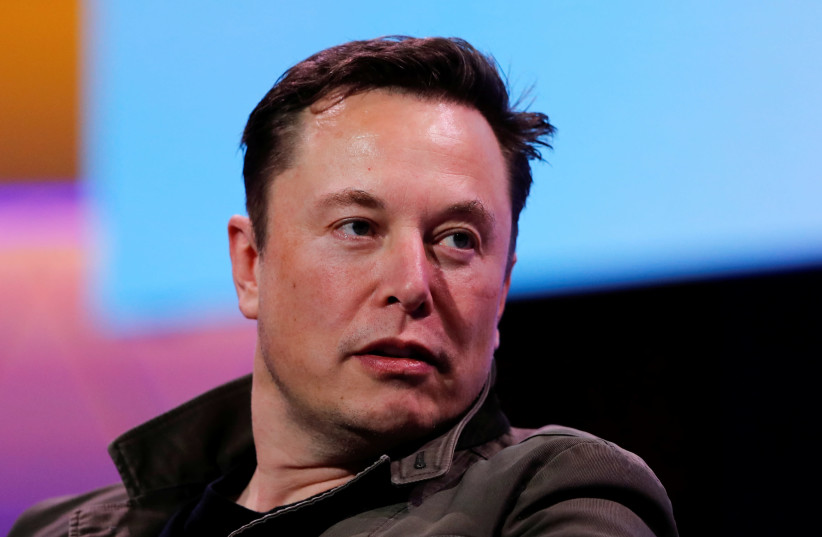Tech pioneer and mega-billionaire Elon Musk acquired Twitter this week in a deal that has raised eyebrows around the world.
One of the most popular and influential social media platforms, Twitter has been stringent in trying to curb ‘fake news’ and incitement, going so far as to suspend former president Donald Trump for making false statements in his tweets.
Musk has made only a few comments about his intentions as the new boss. He has indicated he wants the platform to be politically neutral. He has also said that he is against censorship and supports free speech.
Reaction to Musk purchasing Twitter has included cheers and anger, with many knee-jerk responses. As with many events in the US these days, the reactions break along political lines: many on the left fear the Musk takeover, while on the Right people think it will bring much-needed change, and install checks and balances to the tendency of big tech to suspend and remove users who are right-wing or considered extremists.
With this acquisition, Musk will take on a powerful role when the deal goes through and everything is approved. With power though comes responsibility.

Twitter went public in 2013 and has grown from 200 million to more than a billion users. However those users are not all active, and reports indicate that the number of active daily users are several hundred million. This gives the platform a lot of influence. Changes in how social media platforms, such as Facebook, use algorithms to put users into ideological silos has meant that many people increasingly only see people who have similar political views as they do. Many have wondered whether this has increased extremism, as with extremism comes antisemitism.
There are legitimate concerns that antisemitism could increase on Twitter, and it is important that whoever controls social media giants always keep an eye on it. Antisemitism was already a problem with Twitter. In 2018 the ADL said it had found that “roughly 4.2 million antisemitic tweets were posted and reposted on Twitter in the one-year period specified above. We estimate that the tweets were issued by approximately three million unique handles.”
Big tech has clearly not done enough over the years to crack down on antisemitism. This includes genocidal hatred of Israel, because a certain amount of Jew-hate hides behind attacks on “Zionism” that includes calls to destroy Israel and drive “settlers” into the sea. What this means is that the users of social media may have learned how to get around key words that could get them removed.
What concerns us is that antisemitic incidents were at an all-time high in 2021. Unlike during the Trump years, when major media would slam the White House for each antisemitic incident, today we have the highest levels of antisemitism but the media seems generally hesitant to critique the US political leadership for a failure to do anything about it.
There also seems to be a general reticence to admit that many violent antisemitic incidents in the US do not all come from “white supremacists” but also come from other groups, many on the Left. This results in the struggle against antisemitism being hampered by political divisions in the US and the use by each side of claims that the other side is antisemitic.
Musk says that he is “against censorship that goes far beyond the law,” and he wants Twitter direct messages to have “end to end encryption like Signal, so no one can spy on or hack your messages.”
All of this may improve user experience because arbitrary bans on accounts are not helpful. However, the company should be careful to not let “free speech” become a cover for antisemitism, as well as racism, hatred and other extremism that goes hand in hand with anti-Jewish hate.
Hopefully, Twitter will remain a robust forum of ideas and news, but we also want to see standards that result in the platform policing the hatred of regimes like Iran the same way it does politicians in the West.
We have hopes that Musk, who has praised Israel in the past, will understand the power of Twitter, and the need to keep an eye on extremists exploiting the platform.
